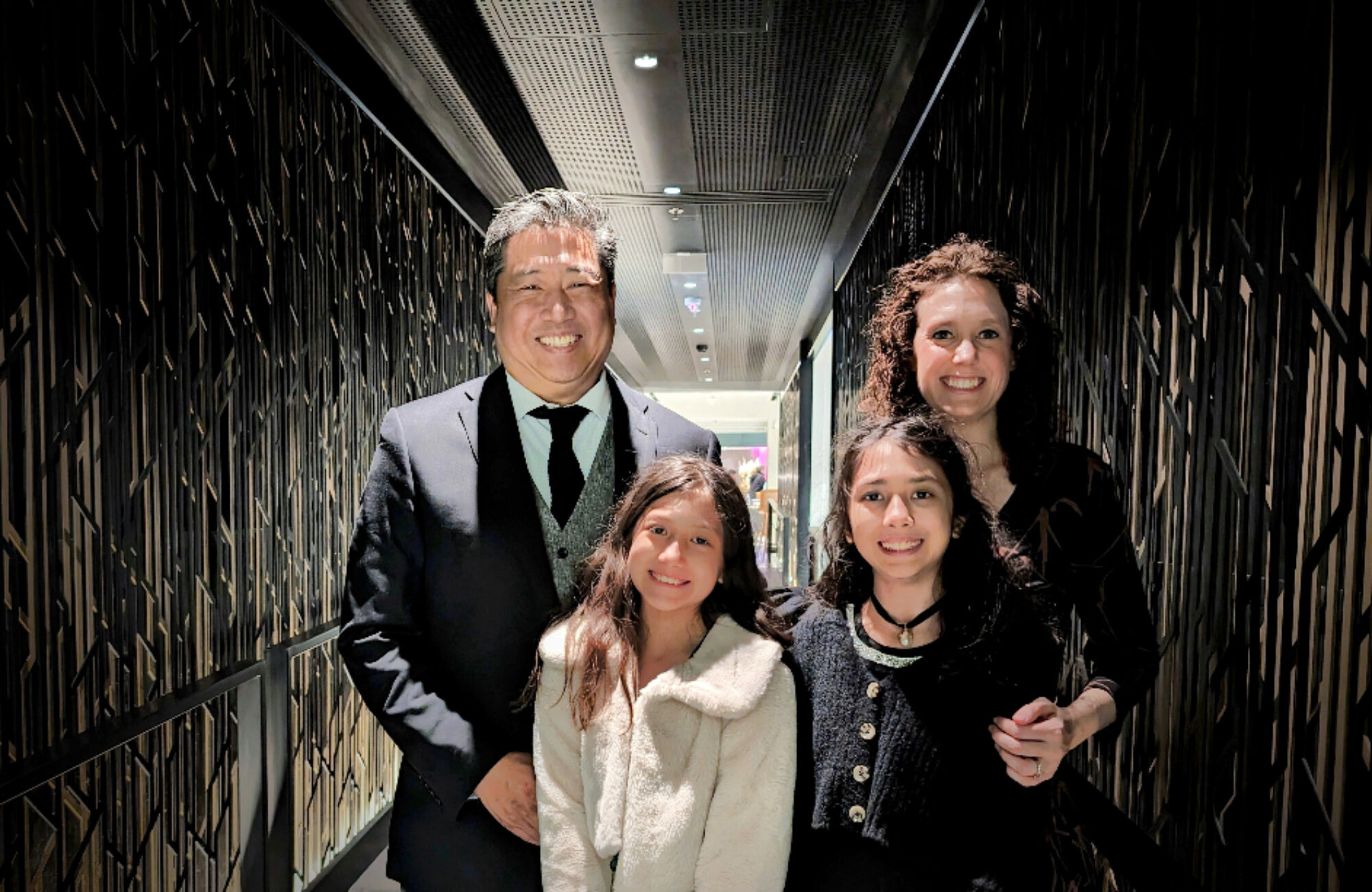July 30, 2015
I have had the opportunity lately to be humbled by recent events and contemplate at least one aspect of the human condition. Maturing through humility, especially as a reforming self-professed member of the technocratic and bombastic intelligentsia, has been particularly challenging with an opportunity to be mortified without being as humiliated as one might think.
Over the last ten years I have been increasingly disdainful of anything not of my own experience, a built and learned prejudice in my middle years that would have been abhorrent as a younger more politically correct adult. Part of growing older is to care less about what people think of you and care more about your moral center regardless if it is popular or trendy.
As a younger man, I was careful of watching my p’s and q’s as the most idealistic/activist contemporaries of my time were wont to do. One rule of the politically correct movement was not to engage in stereotypes and to respect the individual above all else. And why not? That still rings true, but in the years that followed the self-assured university days, people that I came across, befriended, or worked with would tear down the idealistic “new reality” and reinforce the bad, the frustrating, and the negative.
A better part of me was wondering whether I was learning to be prejudiced generalizing the whole from the actions of a few. Different cultures have different norms and sensibilities that guide their actions and without a common ground, language, or perspective, those actions deemed normal in one culture become sticking points in understanding and flashpoints for conflict.
Point of evidence: we live in a neighborhood of diverse cultural and ethnic individuals each of whom learned to drive under different perceptions of what is safe and what is acceptable. What results is a great deal of anger at what, I am sure, the other driver sees as normal. This does not have to be as far flung as a culture from a different company seeing lines and redlights as “guidelines” rather than rules, but can be as simple as the “Boston-left” turning left right as the light changes in front of oncoming traffic. This is acceptable in Boston because the oncoming cars expect this, but in any other place it is alarming and dangerous. Now imagine every aspect of driving a little different from each other because we were all taught differently, and you can see how driving in my neighborhood is so frustrating.
As the aforementioned self-professed reforming technocratic and bombastic intelligentsia, I didn’t respect people without an educated experience until I was unemployed right after graduate school and began work at an archery shop. There I met many many good people who had not had the fortune or inclination to go to college that were, what I came to appreciate, as the salt of the earth: truly good people with strong beliefs, great passion, and an unswerving drive to do right and be good. I was fortunate that we were bound by the commonality of archery to broach the perceived barriers and actually get to know everyone, and it was what we all learn in kindergarten but forget, that people are people regardless of class, creed, socio-economic status, or education. But I digress.
The point is that in college I was blindly following the idealistic notion that everyone is deserving of respect, and working in the archery shop, I began to understand the truism of that notion. However, as I mentioned before I was also learning disdain, intolerance, anger and frustration by individual actions of my fellow man. Even as I write this in the egalitarian environs of a public library, a boy and his father have hauled a full tower and 27 inch monitor to the library to plug in to the wall to work – my first reaction is disbelief and a the thought, “buy a laptop!” Then realizing that they probably can’t afford Internet at home and thus probably can’t afford a laptop and don’t realize that they can use the many computers at the library for free (see reforming, not reformed).
In our minds, no matter how enlightened we profess to be, we write an internal story for everyone we meet. Our upbringing and experience inform how the picture that story paints will look. It is the actions people take that reinforce or change our perception and when their actions do not coincide with our own reality that we become either intrigued or defensive. It is too easy to disdain and dismiss.
After the idealism of college and the political correctness of trendy activism, I started meeting more and more people who were often the negative epitome of a particular stereotype tempting me to believe the generality of that group of people. We know that it is respect for the individual that matters and it is the responsibility of each person to not generalize one action to a person or group. Yet each person has the responsibility to behave as well.
So here is my clarion call and my request of my fellow man, please be mindful and do not reinforce the negative stereotype of your group if you can, after all, in one fell swoop you can undo years and decades of civil rights or gender reform for another person who sees only that action and generalizes it to your entire group. It is the responsibility of the individual to have an open mind and not make that generality, but it is also the responsibility of the individual to be progressive in their actions and not act negatively to begin with. Understand your cultural actions and how they fit in the cultures around you and look for the common ground with which to guide your actions to better society. There is enough animosity, and evil in the world that we don’t have to add our own drop to the bucket if we can help it.

